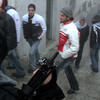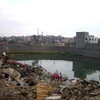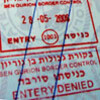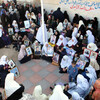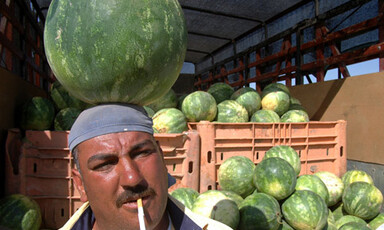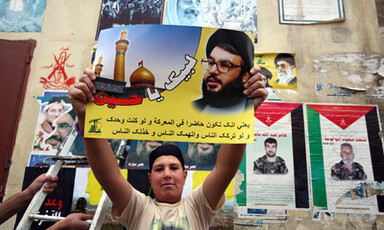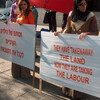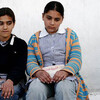
Ten-year-old girl brain dead after border police shooting
18 January 2007
Abir Aramin, ten years old, who was wounded by an Israeli border policeman Tuesday the 16th, was announced brain dead this morning at the Haddasa Ein Karem hospital and is being examined by a committee to determine whether or not to unplug her from life support machines. Bassam Aramin, the girl’s father, is a member of Combatants for Peace, the Israeli-Palestinian peace organisation. Israeli and international supporters have gathered at the girls school in Anata to express their solidarity and protect the traumatised students from the ongoing threat of the Israeli border police. Read more about Ten-year-old girl brain dead after border police shooting
